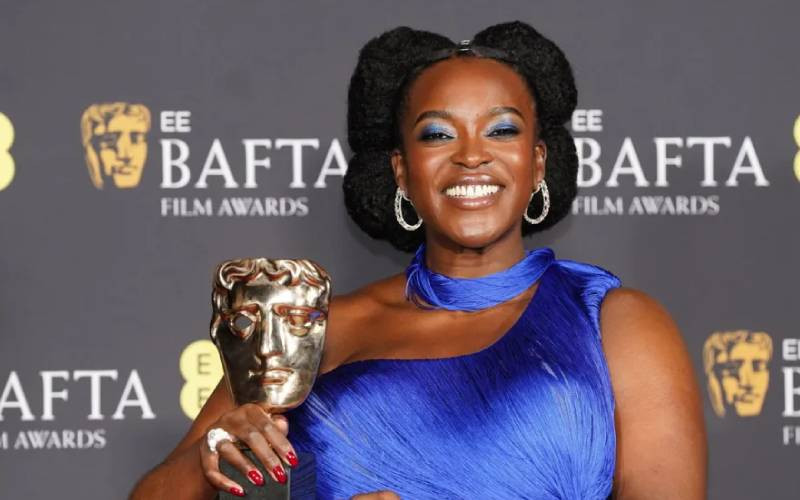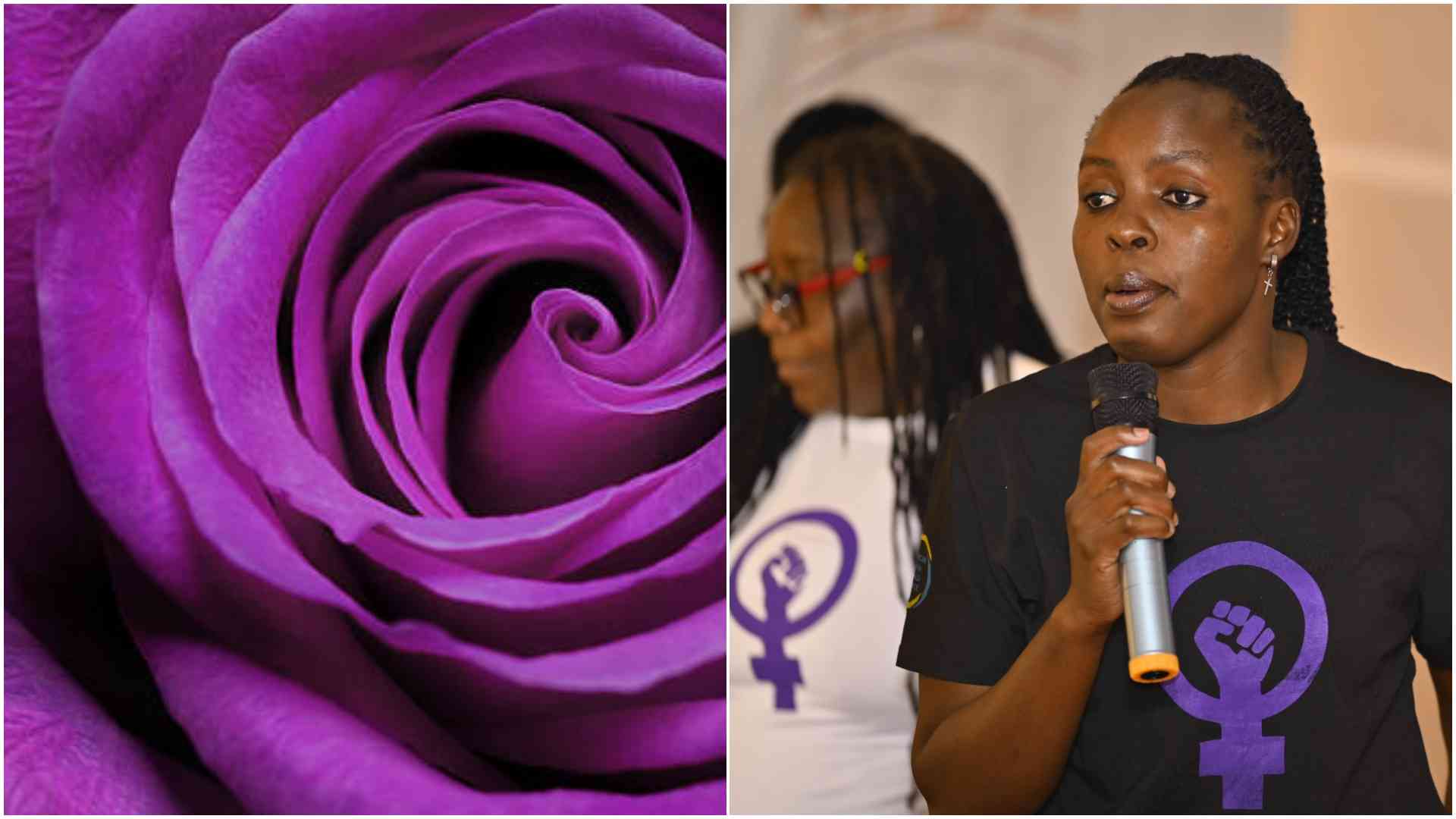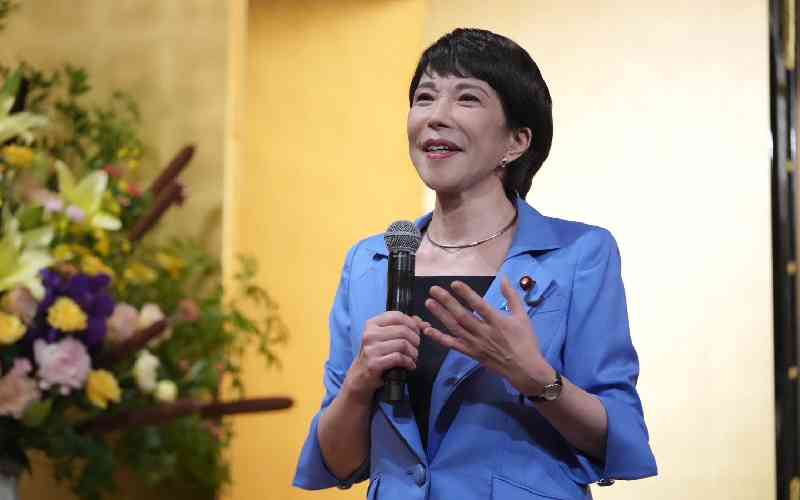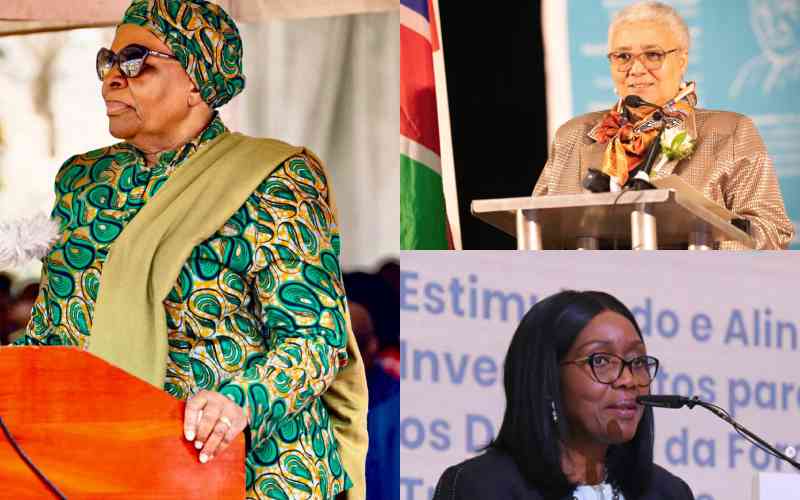
My waking time depends on my schedule. Every other week I am the surgeon on-call, meaning I am available to conduct surgery any time, day or night.
When I am not on call, I usually get up at around 6.30am. I normally see my patients before starting regular activities.
Monday is surgery day. On Tuesdays I have a series of academic meetings – I am also an assistant professor in the department of surgery and clinic in the afternoon. Wednesday is variable – research meetings, or sometimes I’ll be in theatre. Thursday I’ve got clinic work and academic-related activities in the afternoon. Fridays is variable.
The Covid-19 pandemic has changed how I do things. Professionally, when I see my patients I have to be mindful that people are going through a lot. Now, more than ever, I regularly call my patients to find out if they are okay, not as their doctor but from a point of human connection.
Sometimes a patient has travelled very far to see me. After writing them a letter in case they don’t beat curfew, I later call to find out if they got home safe. Those little things mean much more to me now.
There is nobody who comes to hospital who was looking forward to meeting me. People are meeting me at a point of crisis and with a lot of anxiety, so the first thing I do is allay their fears and make sure they know I am listening to both what they are saying and what they are not saying.
There are a lot of things people don’t want to say because they imagine I don’t want to hear them. For instance, how an illness has affected their marriage or job.
But it is important for me to hear all this. If I don’t address their concerns about their employment, marriage or childcare, then I am not treating them. Illness interrupts life and so I try to ask, “What were you doing or planning to do before you got here?
And how do we renegotiate life to get back on track or embrace the new journey ahead?” I encourage patients to bring their significant other or next of kin to the appointment to talk about their health and how that may affect work, family, and so on.
Sometimes a patient has an important deadline or event and you need to be mindful in making a treatment plan that accommodates that. This is in-line with what my surgical mentors and trainers did.
For example, I remember a consultant who carefully cut dreadlocks off a patient and kept them for her as she was getting married in a few months and wanted to look her best. She was able to reattach them for the big day!
Growing up I was the kind of girl who got a lot of prizes and certificates for best performance. It got easy to measure success by the external validation I got. But medicine is very raw. It’s like being a priest – you see people in their most vulnerable state and they open up to you in a way they probably haven’t to anyone else.

This leads you to start questioning what the true meaning of life is and your perspective as to what matters starts to change. I still value validations such as prizes, but increasingly my idea of success is more in the moment about my personal goals and my family. I celebrate the small things like putting on a special meal, making time for family and friends, getting time for rest and relaxation.
It is easier to keep going when you break the marathon into mile or half-mile goals that you celebrate, as well as the pit-stops and the detours.
Being a competitive person, there was a time in my life when I was trying to win at everything. I was trying to be the perfect friend, the perfect worker, the perfect housekeeper, trying to succeed in all areas of my life.
I ended up burning out. I was in a permanent state of exhaustion and it took a while to get out of it. Academic and writer Germaine Greer says one of the biggest lies we tell girls is they can have everything, and what we don’t tell them is not at the same time. The idea is to pace yourself and choose the things you’re going to put your energy into.
For instance, I love cooking and I am a good cook, but I don’t cook every day. I like a nice house but I am not going to dust every single day. I pace myself. Whereas before I was trying to win at everything and that doesn’t work.
My life outside work pre-Covid-19 consisted of travel, dancing, hosting parties, going to the movies and reading. Now it’s Netflix and popcorn, spending time with my family, reading and going for walks.
I get some quiet in two ways – hiking or walking and swimming. For walks I love Karura and arboretum. I also love to cook. The science, art and socialisation aspects around cooking is why I love it so much.
One of my favourite writers is the American surgeon Atul Gawande. One of the most important things he ever talked about is the idea of having a coach. When you’re in training, your senior is your coach. Once you finish training, you don’t have a coach anymore.
And so no one is telling you how you could get better. Yet elite athletes always have a coach, even when they are at the top of their game.
That really challenged me and now I work very closely with people in my faculty because they can see things in me that I may not appreciate and that is helping me get better and better.
Dr Beverly Cheserem is a consultant neurosurgeon at Aga Khan University Hospital, Nairobi.
 The Standard Group Plc is a multi-media organization with investments in media
platforms spanning newspaper print
operations, television, radio broadcasting, digital and online services. The
Standard Group is recognized as a
leading multi-media house in Kenya with a key influence in matters of national
and international interest.
The Standard Group Plc is a multi-media organization with investments in media
platforms spanning newspaper print
operations, television, radio broadcasting, digital and online services. The
Standard Group is recognized as a
leading multi-media house in Kenya with a key influence in matters of national
and international interest.










